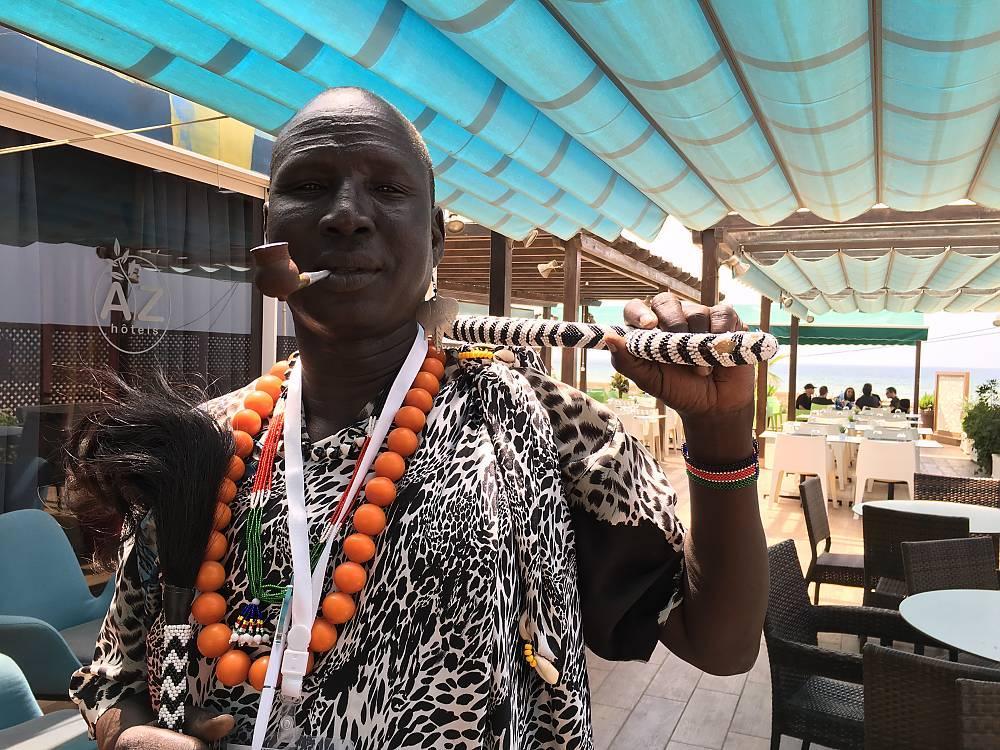Africa-Press – South-Sudan. The Director of Development of Tangible Cultural Heritage at the Ministry of Culture, Museums and National Heritage says banning cultural practices without understanding their value can undermine the dignity of communities and cause more problems.
Prof. Deng Nhial Chioh says while the government has the right to intervene to protect life, authorities must first understand the importance of the practice to the community involved.
His remarks come after the government of Warrap State banned traditional fattening competitions, following the deaths of two men during the practice this month.
The fattening competition is a cultural tradition in Warrap where young men drink large amounts of milk and avoid solid food in order to gain weight. The person who becomes the biggest is declared the winner.
Speaking to Eye Radio on Friday, State Information Minister Mamer Bath Mabok said the decision is meant to protect lives as the government reviews the health and safety risks linked to the tradition.
However, Prof. Chioh, who is also the founder and executive director of Maalɛ Foundation for Heritage, Peace and Development Studies, said leaders need to talk with the community to understand why the incidents happened and help them adjust the practice to reduce risks.
“When it comes to banning cultural practices, people from outside South Sudan need to understand that it’s not enough to judge based on what they hear in the media. They must visit the community, investigate what happened, and understand the root causes of the issue.
“Cultural practices are the foundation of that community. What is needed now is not an outright ban, but a process of modification and careful review. Banning a practice without a thorough assessment and without sending a team to the region to understand the situation can create more problems,” he explained.
Prof. Chioh also said cultural practices are part of national heritage and should be studied and preserved for future generations.
He called on state governments to regulate them carefully and work with communities to improve any parts of the practices that could be harmful.
“These practices are deeply rooted in South Sudanese culture. So, banning a practice without understanding its true cause creates problems. What we need now is to go to the states, investigate what happened, and understand how and why it happened, so that we can develop proper regulations and modifications,” he said.
For More News And Analysis About South-Sudan Follow Africa-Press






